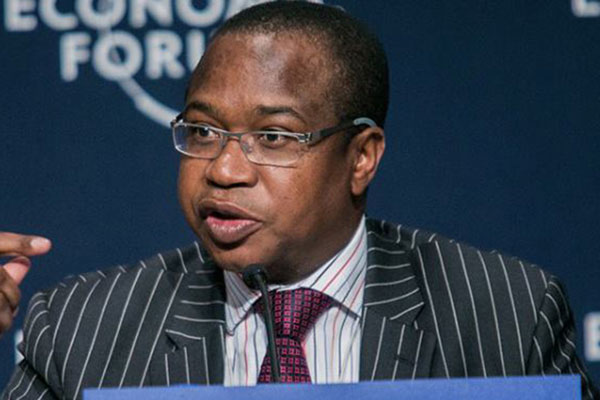
BY TATIRA ZWINOIRA
ZIMBABWE’S industries have asked government to apply brakes on tax hikes and hold fire on introducing fresh ones through the mid-term budget review expected later this month.
Industries had ended the first quarter on a positive note, with a Confederation of Zimbabwe Industries (CZI) poll of 400 companies indicating that 86% were confident of a recovery in the aftermath of a difficult 2020, when diminishing spending power and hard lockdowns frustrated operations.
On Friday, the CZI’s second quarter economic intelligence report showed firms projecting manufacturing capacity utilisation to rise to 56% during the period, from 47% previously.
The business lobby maintained its prediction that capacity utilisation will rise to 61% by December.
But in its taxation analysis seen by Standardbusiness ahead of the budget review, the CZI appeared to indicate that how government will spell out the tax plan will have a huge bearing on economic performance.
It asked for policies spelling out uniform taxes and fees to be charged by local authorities and warned that these were mutating into a big threat to foreign and domestic investment beyond major metropolitans.
“Treasury is encouraged not to announce any new taxes in the mid-term budget,” the CZI said.
- Chamisa under fire over US$120K donation
- Mavhunga puts DeMbare into Chibuku quarterfinals
- Pension funds bet on Cabora Bassa oilfields
- Councils defy govt fire tender directive
Keep Reading
“Companies are already overtaxed and there is no need for new taxes.
“It is recommended that the mid-term budget puts in place a strong set of incentives for growth.
“Incentives for growth are critical because the revenue forgone will be doubled or tripled with new investments being implemented.
“Treasury will collect more revenue as the economy expands.
“Business recommends that all local government taxes be uniform across all local authorities.
“Some local councils are charging unsustainable taxes, which in turn suffocate business.”
Finance minister Mthuli Ncube is yet to disclose when the mid-term budget will be announced.
But he faces the toughest phase of his tenure at the helm of Zimbabwe’s Treasury, as the economy gravitates into a potentially devastating turbulence under a brutal Covid-19 third wave that has forced government to maintain the enhanced level 4 lockdown.
About 500 000 workers lost employment last year under the weight of the pandemic while inflation, at triple-digit levels, exerts pressures on businesses as costs spiral.
Prices rocketed by a staggering 40% in US dollar terms in early June after government announced a series of measures punishing transgressions in foreign currency transactions, while the trade deficit shot to US$400 million recently, from US$300 million during the first quarter.
It is one of the most significant signs that forex reserves were emptying fast.
On the currency front, the Zimbabwe dollar has received its worst drubbing on the parallel market, depreciating to US$1:ZW$140, from about US$1:ZW$120 in January, with prices rocketing in tandem.
On Friday, the usually quiet Safari Operators Association of Zimbabwe (SOAZ) called for an immediate injection of up to US$100 million in grants into the tourism sector to avert a brewing crisis.
SOAZ said loans would aggravate an already dire crisis.
The CZI said government must roll out fresh incentives and forgo some revenue heads to rebuild the appetite for investment.
“Business recommends that Treasury put a cap on civil servants’ salaries as proportion of the total budget revenue to avoid overheating the economy,” CZI said.
“2018 United States dollar salaries are not sustainable and treasury must be cognisant of this fact in their salary negotiations.
“It is recommended that taxes must be levied for growth and not for income generation.
“For instance, taxing income tax on commercial mortgages is counterproductive and must be reviewed.
“The budget should harmonise the transfer price and excess management fees legislations as there is a duplication of the two legislations,” the CZI said.
In an interview with the Zimbabwe Independent, economist Stevenson Dhlamini agreed that industries were already overtaxed.
“On taxes, we don’t expect any changes, they are already too high,” Dhlamini said.











